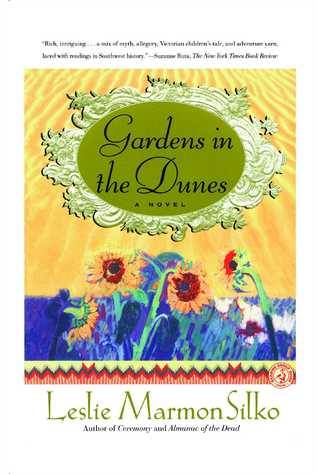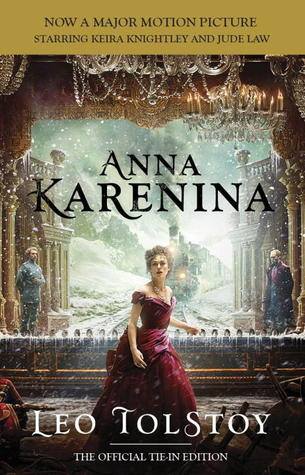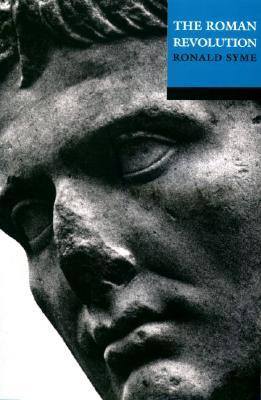Our faculty, staff, and Grad students are a well read bunch! Here are some of our favorite books!
First up is Ashley Bowerman, our Program Coordinator’s fav:
“My favorite book is A Tree Grows in Brooklyn by Betty Smith. I first read the book when I was eleven years old, the same age as Francie Nolan (the main character) when the book begins. I immediately identified with Francie’s introversion, imagination, and love of books. I just knew that if I was living in Williamsburg in 1912 instead of Buffalo in 1999 we would be best friends. As I read the book over and over again throughout the years, I grew to appreciate many other aspects of the book: Smith’s vivid descriptions of scenery, clothing, food, family dynamics, and the characters’ behavior and emotions; the Nolan family’s dignity and strength in the face of crushing poverty; and the eternal struggle between practicality and idealism. I revisit A Tree Grows in Brooklyn every couple of years or so, and never grow tired of it; it will always be a favorite!”

Next up is Professor David Stebenne. He says, “I don’t have an all time favorite book, but the one I have enjoyed most recently is David Michaelis’s biography of Charles Schultz. The full title is Schulz and Peanuts: A Biography (Harper, 2007). The book does a very fine job of explaining how Schultz became the most successful comic strip writer in history, and what the Peanuts phenomenon was about. It’s a sometimes sad story, but a very interesting one, too. I recommend it highly, for both academics and educated general readers.”

Next in our series is Asst. Professor John Low’s fave book. Professor Low is in the Dept. of Comparative Studies at OSU Newark and also teaches history. His favorite book is Gardens in the Dunes by Leslie Marmon Silko. Professor Low states, “A story of two 19th century women, one Native American, one White, seeking a sense place in a world where neither of them quite “fit” – spiritually, physically, intellectually, or economically. Woven into their stories are other characters, such as the “plant collector”, a botanist seeking the worlds rarest, most delicate and loveliest flowers – orchids. Much like the orchids, the women are displaced, exotified, and struggling to survive in a hostile environment. It is a sweeping and lyrical story of survival and triumph over innumerable hardships. Written by one of our nation’s greatest Native authors, it captures the tensions of the gilded age and imperialism through the perspectives of women who were not benefiting from the global colonial experience.”

Stepping away from our “favorite book” series of posts to Prof. Geoffrey Parker’s “book that changed the way we see the world” which is: Laurent Joly’s, La délation dans la France des années noires [Denunciation in France during the Dark Years, 1940-1944] (Paris: Perrin 2012). “Laurent Joly’s book quotes from some of the millions of denunciations sent to France’s Occupation authorities during the “dark years” between 1940 and 1944. Many were anonymous, composed with letters cut from a newspaper, whereas others were written on letterhead and signed, but all aimed to destroy someone – not only bosses, neighbors and relatives, but also rivals.” Find out why this book changed Sir Geoffrey’s life by reading his full post at http://ow.ly/d/3I89

Continuing our fave book series: James Bach, our Grad. Studies Coordinator, lists Democracies: Patterns of Majoritarian and Consensus Government in Twenty-One Countries, by Arend Lijphart as his favorite read. He explains that, “Lijphart takes what we often consider to be a fairly basic concept – how democracies work – and crafts a powerful and elegantly simple argument in how democracies have developed by two different paths, one, promoting majority rule and the other, minority rights. He then shows how and why both strains of democracy work and why they developed in the countries that exhibit each type. The type of government that has worked well in – until recently – ethnically and linguistically homogeneous Great Britain would not work well in a linguistically fractured country like Belgium or Switzerland, and vice versa. He then, while never boring or overwhelming his reader, subjects his hypothesis to fairly rigorous testing, demonstrating how readability and academic rigor are in no way mutually exclusive.”

Professor Harvey Graff doesn’t have just one favorite book. Here’s his list of the top 5 books that he says, “helped me to think about history and social and cultural change.”
Graham Swift, Waterland
Edward P. Thompson, The Making of the English Working Class
Karl Marx, The Communist Manifesto
Octavia Butler, Kindred
Barry Unsworth, Sacred Hunger
History Grad Student Keshia Lai offers up two fav books for our series…
She writes, “The Scarlet Pimpernel is my favorite fiction book. It has a little mystery, romance and action all rolled into one fantastic novel! The second book is The Last Lecture by the Randy Pausch, who passed away a few years ago. Although the book is one of those ‘life lessons learned’ type of books, it is fast paced and provides plenty of brief, funny anecdotes to illustrate his points.”

One of our newest Ohio State History Professors, Kip Curtis, shares his book choice which was definitely one that changed his life as well as being a favorite. He says, “In 1991, while working as an environmental journalist in Missoula, Montana, I borrowed a book from my roommate’s college collection. A tattered bright green paperback. I began reading it late on a Friday afternoon and was so thoroughly enthralled by the engagingly beautiful prose in which a history of ecology was told that I read all 348 pages before I went to sleep some time early Saturday morning. By that point, I knew I was going to apply to graduate school in order to become an environmental historian. Within three years, I was enrolled at the University of Kansas studying with the book’s author and beginning what has been a thoroughly enriching career as a historian. Donald Worster’s Nature’s Economy: A History of Ecological Ideas is the book that launched a field — environmental history — that has changed forever, not only my professional development, but how we historians tell our stories. Never again can nature be neglected as a force, a context, and an actor in the development and evolution of human life.”

Our favorite book series continues with Christine Adams’, our Fiscal Associate’s, pick. Chris says, “My favorite book is Anna Karenina by Leo Tolstoy. I love this book because of the wonderful writing by Tolstoy. His understanding of human nature is amazing and even greater that he can inhabit characters of all backgrounds, genders, ages, etc. and bring them to life so realistically and so eloquently! It was a beautiful book to read!”

Visiting Professor Mary Cayton says of her favorite books, “There are so many. But one of the recent ones I like most is T.M. Luhrmann’s When God Talks Back. Luhrmann, a Stanford anthropologist, studies what evangelicals mean when they say they ‘hear God speak to them.’ it’s not my religious tradition, but Lurhmann explains it in a way I can understand and make some sense of.”

Interim History Department Chair, Professor Nate Rosenstein says his favorite book is The Roman Revolution, by Ronald Syme. He states, “It was methodologically pathbreaking in its time; the prose is brilliant, timeless, and inimitable; and it presents a powerful vision of Rome’s transformation from republic to monarchy that was shaped by the dramatic rise of facism in the 1930s.”

Program Manager Beau Brammer’s favorite book is, Heart of Darkness by Joseph Conrad. He says, “I first read it in high school and it really opened my eyes to the importance of perception in our understanding of cultures that are different from our own. In a way, it was the one book that showed me the value of history from a humanistic sense. Seeing Kurtz “descend” into mental darkness showed a different perspective than the marco-based, geo-political one I was used to seeing at that time. The complexities of the human mind and our inability to come to terms with everything we do not understand around us is very real in contemporary society.”

